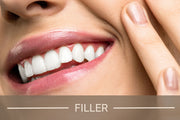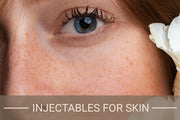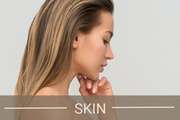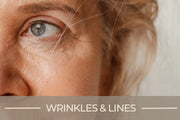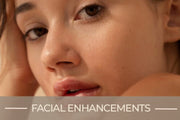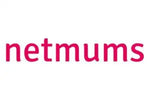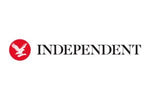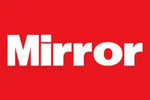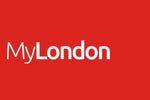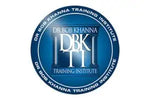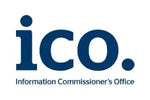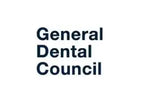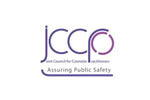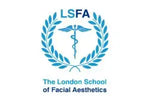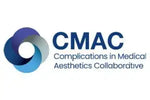What Foods Should You Avoid Before Botox?
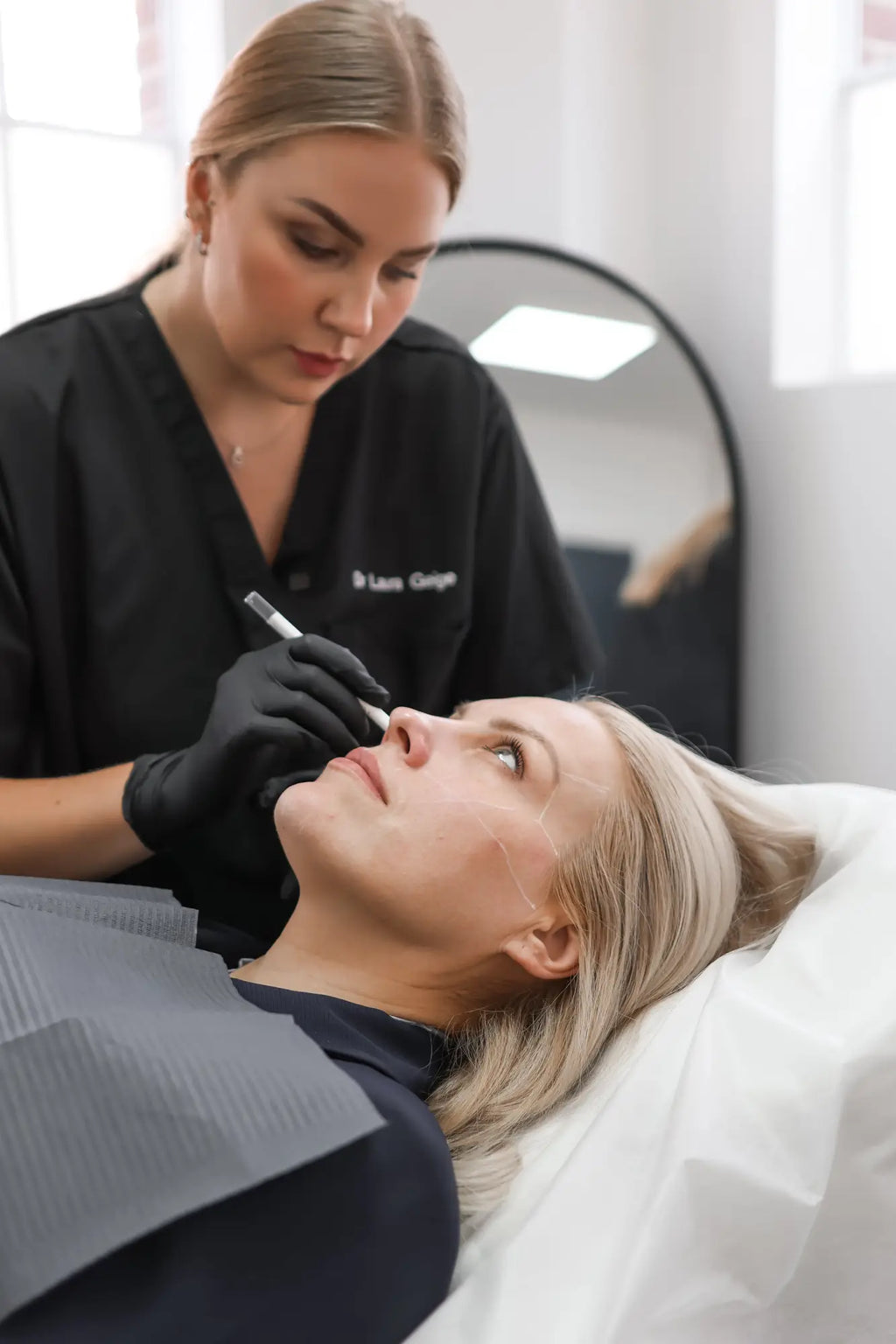
Content Verification


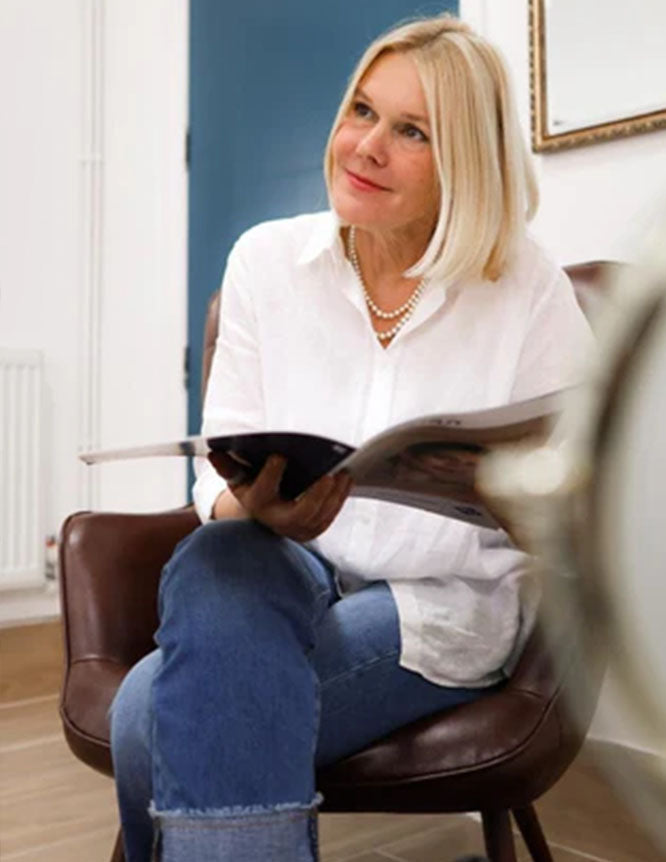
📝 Key Takeaways 📝
- 🍴 Avoid foods that can interfere with Botox for better results.
- 🚫 Steer clear of alcohol and caffeine before your procedure.
- 🥗 Opt for fresh, hydrating foods to support your skin.
💡 Key Advice & Tips from Our Experts 💡
- 💧 Stay hydrated for the best Botox results!
- 🍊 Focus on antioxidants to help your skin bounce back.
- 🛑 Take a break from harsh foods before your appointment.
Proper preparation before Botox injections is essential to achieving the best results and ensuring a smooth recovery. While many people focus on the treatment itself, one key aspect that often gets overlooked is diet. What you eat (and what you avoid) in the days leading up to your Botox treatments can significantly impact the outcome of the procedure.
For those considering Botox anti-wrinkle injections, the right preparation can help reduce the risk of bruising, swelling, and other side effects. Certain foods and beverages can interfere with the healing process and even affect the effectiveness of the treatment. In this article, we’ll explore which foods should be avoided before Botox injections, ensuring that your body is in the best possible condition for optimal results.
If you’re preparing for Botox treatments, you can find more detailed advice on how to get ready in our article on Botox Injections Preparation. Understanding the role of diet in your Botox journey is an important step in enhancing the effects of your anti-wrinkle treatments and maintaining a smooth, rejuvenated appearance.
Why Food Matters Before Botox Injections
Diet plays a crucial role in the success of your Botox treatments, particularly when it comes to minimising bruising, swelling, and ensuring a smooth recovery. Certain foods can thin the blood, increase inflammation, or affect the body’s ability to heal—factors that can interfere with the effectiveness of Botox anti-ageing treatments.
Dr. Laura Geige, Medical Director at It's Me & You Clinic, explains that "avoiding certain foods before your Botox injections can significantly reduce the risk of bruising and enhance the healing process." Foods rich in omega-3 fatty acids, such as fish oil and walnuts, can increase blood flow and contribute to bruising. Dr. Giedre Narkiene, Senior Dermatologist at the clinic, adds, "When preparing for Botox for wrinkles, it’s important to maintain a balanced diet to optimise the results and avoid potential complications."
Additionally, Dr. Rimas Geiga, a Medical Doctor and Clinic Nutritionist, emphasises that a healthy diet rich in vitamins can support skin health and healing. By avoiding inflammatory or blood-thinning foods, you help your body recover faster and ensure your Botox treatments in London achieve the desired outcome.
Foods to Avoid Before Botox Injections
When preparing for Botox anti-wrinkle injections, avoiding certain foods can significantly improve your treatment results by reducing the risk of bruising, swelling, and delayed healing. Below are some key foods and beverages to steer clear of in the days leading up to your appointment:
Omega-3 Fatty Acids
Omega-3s, found in foods like fish oil, flaxseeds, and walnuts, are known for their health benefits but can also thin the blood. This increases the likelihood of bruising after Botox injections. While these fats are generally good for heart health, they should be limited before treatment to prevent complications.
Garlic & Green Tea
Both garlic and green tea are known to have blood-thinning properties. While these foods are beneficial in moderation, consuming them in excess prior to Botox injections can heighten the risk of bruising and swelling. Garlic, in particular, can also contribute to inflammation, which could interfere with the healing process.
Vitamin E Supplements
Vitamin E is often used to support skin health, but when taken in large quantities before Botox treatments, it can increase blood viscosity, which may lead to increased bruising. It’s advisable to avoid vitamin E supplements in the week leading up to your appointment, though vitamin E-rich foods, like almonds and spinach, can be consumed in moderation.
Alcohol
Alcohol is a potent vasodilator, meaning it can widen blood vessels and increase blood flow. This can exacerbate swelling and bruising, making it important to avoid alcohol for at least 24 hours before your Botox anti-wrinkle injections.
Caffeine
Caffeine, found in coffee, tea, and soft drinks, has a mild diuretic effect, which can lead to dehydration. Though the evidence linking caffeine to swelling is not definitive, it’s best to reduce caffeine intake before Botox injections to avoid any potential complications.
Spicy Foods
Spicy foods, such as those containing chili peppers, can increase inflammation and raise body temperature, potentially delaying the healing process. Avoiding spicy meals prior to Botox treatments can help minimise inflammation and ensure faster recovery.
By steering clear of these foods, you give your body the best chance to respond positively to your Botox treatments. For those looking for Botox near me, these dietary adjustments, combined with expert guidance, can help achieve the desired results and a smoother recovery from your anti-wrinkle treatments.
Nutritional Guidelines for Pre-Botox Preparation
While avoiding certain foods is key to preparing for Botox injections, it's equally important to focus on including beneficial nutrients that can optimise the healing process and enhance the effectiveness of your Botox anti-ageing treatments. A diet rich in specific vitamins and anti-inflammatory foods can support skin health, reduce bruising, and speed up recovery.
Vitamin K-Rich Foods
Vitamin K plays a significant role in blood clotting and can help minimise bruising after Botox for wrinkles. Including vitamin K-rich foods in your diet, such as kale, spinach, broccoli, and cabbage, can support your body’s ability to heal quickly and reduce the likelihood of unsightly bruises following your treatment.
Vitamin C-Rich Foods
Vitamin C is crucial for skin health, as it promotes collagen production and aids in wound healing. Foods such as citrus fruits (oranges, lemons, grapefruits), bell peppers, strawberries, and kiwi are excellent sources of vitamin C. Consuming these foods in the days leading up to your Botox treatments can help your skin recover faster and maintain its strength, ensuring optimal results from your Botox anti-ageing treatments.
Anti-Inflammatory Foods
A balanced, anti-inflammatory diet can help minimise swelling and promote faster healing. Focus on foods like berries, leafy greens, nuts, seeds, and fatty fish (such as salmon and mackerel) that are rich in antioxidants and omega-3 fatty acids. These foods can reduce the inflammation that often accompanies Botox injections and support the skin’s ability to heal quickly.
Incorporating these nutrient-dense foods into your pre-Botox diet will not only enhance your treatment outcomes but also ensure that your body is in the best possible condition for recovery. For those undergoing Botox treatments in London, these dietary adjustments can be a simple yet effective way to support the rejuvenating effects of Botox anti-ageing treatments and achieve smoother, younger-looking skin.
Expert Advice on Timing Your Diet Before Botox
When preparing for Botox injections, the timing of dietary adjustments is just as important as the foods you avoid. To ensure that your body is in the best possible condition for optimal results, it’s recommended to begin modifying your diet at least one week before your Botox session. This gives your body enough time to adjust, reducing the risk of bruising, swelling, and other complications that could interfere with the effectiveness of the treatment.
Dr. Daniel Boyer, a practising Doctor of Medicine, explains, "Starting your dietary changes a week before Botox treatments is ideal. This allows your body to naturally adjust to any new foods you're including, while also flushing out substances that could impact your treatment, such as alcohol or blood-thinning foods."
By making these changes early, you can optimise the benefits of your Botox injections. It’s especially important to avoid foods that could increase inflammation or thin your blood during the 7–10 days before the procedure. A well-timed dietary regimen will also ensure that your body is in its optimal state to support skin healing and enhance the long-term effects of Botox treatments.
Practical Tips for Pre-Botox Diet
In the days leading up to your Botox anti-wrinkle injections, keeping your diet simple, balanced, and nutrient-rich is key to ensuring a smooth treatment and speedy recovery. Here are some practical tips to optimise your pre-Botox diet:
Keep Meals Simple and Low in Salt
Avoid overly salty foods, as they can lead to water retention and increased swelling. Focus on meals that are easy to digest and contain fresh, whole ingredients. A simple, low-sodium diet not only supports your body’s natural processes but also reduces the likelihood of unwanted puffiness after your Botox treatment.
Incorporate More Fruits and Vegetables
Aim to fill your plate with colourful fruits and vegetables. These foods are packed with vitamins, antioxidants, and fibre that support skin health and reduce inflammation. Vegetables like spinach, kale, and broccoli are rich in vitamins K and C, which are essential for healing, while fruits like oranges, strawberries, and bell peppers help boost collagen production for healthy skin.
Avoid Processed Foods
Processed foods, such as ready meals, snacks, and sugary items, often contain additives, preservatives, and unhealthy fats that can affect your body’s response to Botox. Opt for home-cooked meals using fresh ingredients to ensure you're getting the most nutritional value from your food. A diet centred on whole, unprocessed foods can help support your overall health and optimise the results of your Botox anti-wrinkle injections.
Stay Hydrated
Proper hydration is crucial for both skin health and recovery. Drinking plenty of water before your Botox injections ensures your skin remains plump and healthy, which can aid in the healing process. Hydration also helps maintain circulation, supporting the efficacy of Botox treatments. Aim for at least 8 glasses of water a day, and consider herbal teas or fresh fruit-infused water for variety.
Following these practical tips will put you in the best position to achieve optimal results from your Botox treatments. Whether you’re searching for Botox near me or preparing for your Botox anti-wrinkle injections, focusing on your diet can significantly enhance both the short-term and long-term effects of your treatment.
The Bottom Line
In conclusion, avoiding certain foods and maintaining a balanced diet is crucial for achieving the best results from your Botox anti-ageing treatments. By following expert dietary advice, you can reduce bruising, swelling, and inflammation, ensuring smoother recovery and enhanced effectiveness. If you're considering Botox treatments in London or seeking personalised guidance, consult with the experts at It's Me & You Clinic for tailored advice on how to optimise your preparation for Botox for wrinkles.
